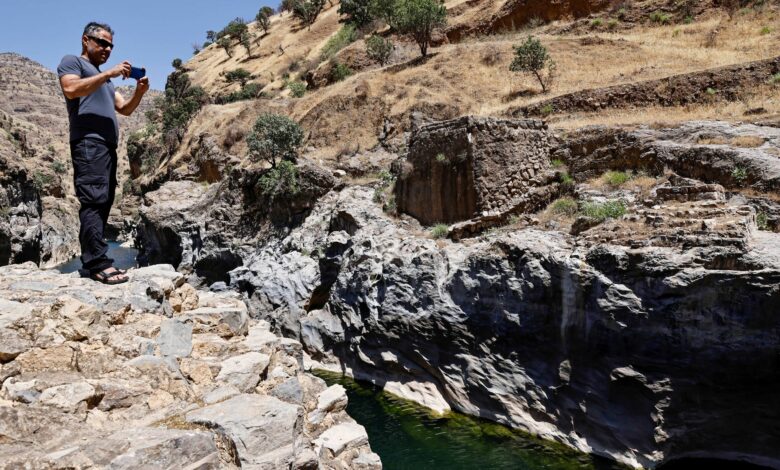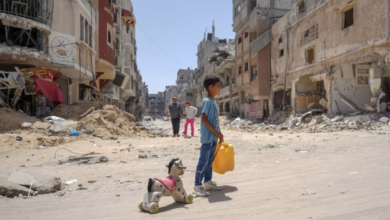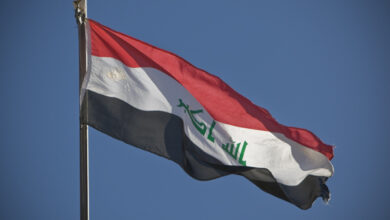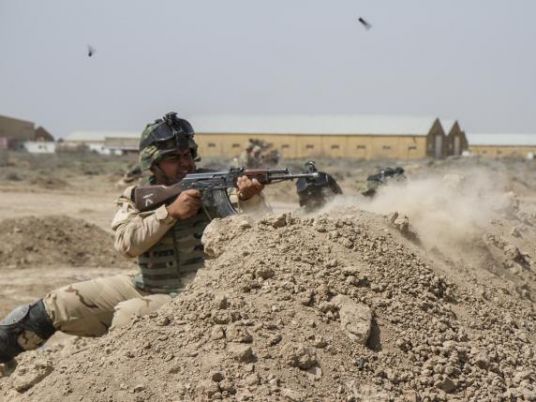
HALABJA, Iraq, Sept 6 (Reuters) – “Where we are standing right now, there should be a river,” says Nabil Musa, gesturing at a dried-up riverbed in northern Iraq.
For the environmental activist, the reason the once swirling Sirwan river has dwindled to a trickle lies across the border in Iran, which he says is “controlling all” of the river’s water.
With this year’s lack of rainfall, Iraq is badly short of water, and officials trying to revive rivers like the Sirwan say lower flows from upstream neighbours Iran and Turkey are worsening home-grown problems such as leaks, ageing pipes and illegal siphoning off of supplies.
Iran and Turkey are building big dams to solve their own lack of water, but regional cooperation on the issue is patchy.
Iraqi officials said the Daryan dam across the border in Iran is diverting parts of the Sirwan back into Iranian lands through a 48 km (29 mile)-long tunnel.
Contacted by Reuters, Iranian officials declined to comment on the allegation. Iran has said the dam is still being built.
Local Iraqi villagers say they have felt the impact of reduced volumes from Iran for two years, complaining that the fall has had a punishing effect on communities downstream especially during increasingly frequent years of drought.
“It’s been two years since I had to stop fishing”, fisherman Ahmed Mahmud told Reuters from the nearby village of Imami Zamen. With the river drying up, most of the village’s 70 families have already left. The primary school closed.
“If it continues like this, we will have to leave as well”, he said.
The Sirwan begins in Iran and runs along its border with Iraq before flowing into Iraq’s semi-autonomous Kurdistan region and then on south to join the Tigris. Once abundant, it’s now dotted with measuring poles showing where water once reached.
As a heatwave baked the drought-hit region in July, Iraq said the situation in the downstream province of Diyala would worsen without agreement with Iran, where about 18% of Iraq’s Tigris river originates, on ways to share “damage” from lower flows.




